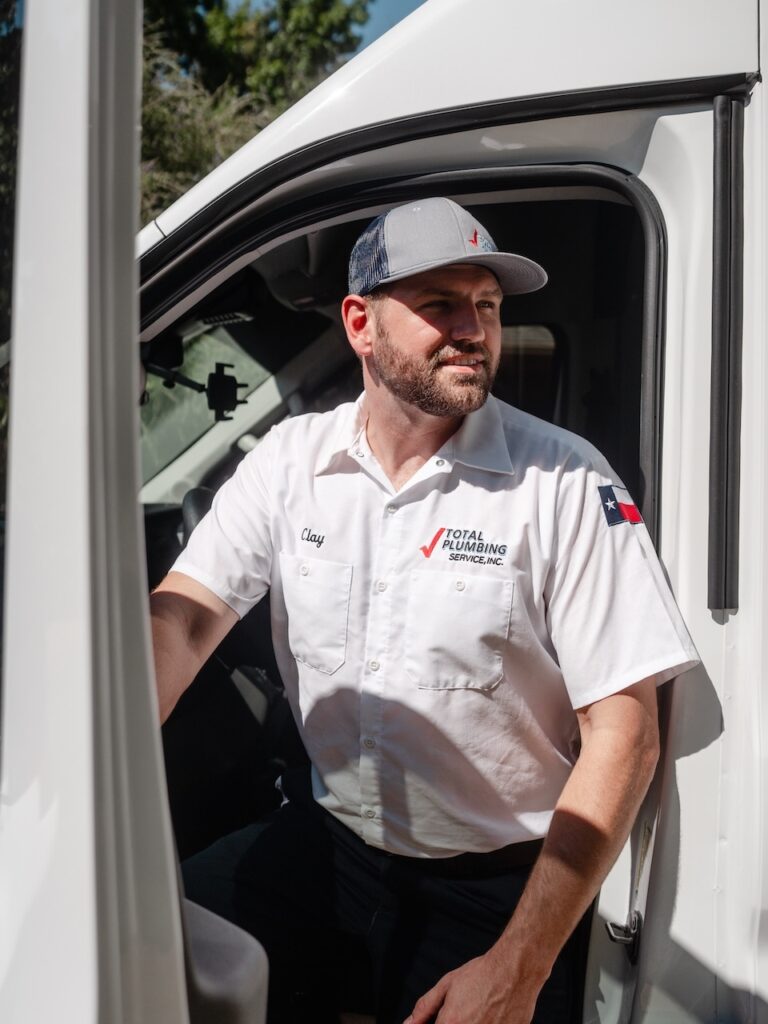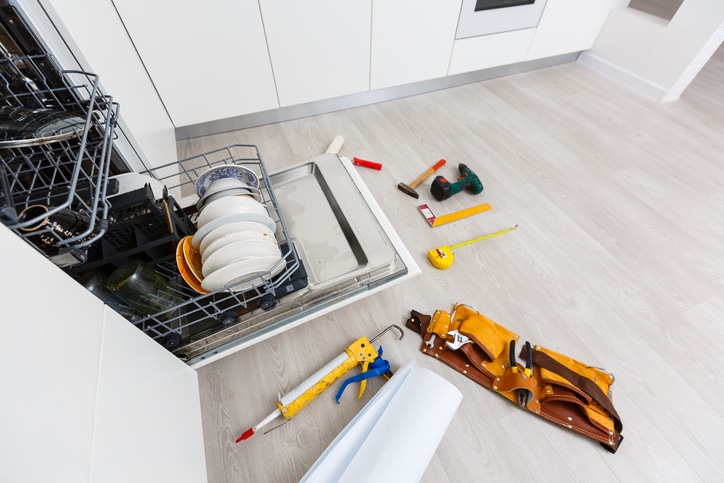Who wants to get home from a long day’s work, kick back, relax, take care of some household chores, and find out that all of the hot water is gone. Not saying that this necessarily happens all of the time, but it does happen. Depending on how long you have been living with your current water heater, tankless or not, water heaters can be a costly investment. We have put together a comparison of storage water heaters versus tankless water heaters to help homeowners decide what is best for their homes. We will examine the pros and cons of each type of water heater so you can make an informed decision.
What Is a Tankless Water Heater?
Instead of storing water in a tank, tankless water heaters, often referred to as on-demand water heaters, use robust burners to quickly heat water as it passes through a heat exchanger and deliver it straight to your faucets or shower. Gas or electricity are typically used to fuel tankless water heaters. However, in studies done by Consumer Reports, it was discovered that these sorts of water heaters were, on average, 22% more energy efficient than the gas-fired storage-tank ones.
What Differences Exist Between “Traditional” Tank Storage Water Heaters?
The bulk of households have storage tank water heaters. They consist of an insulated tank that can heat and store 30 to 50 gallons of water till they are needed. A pipe exits from the top to transfer hot water to sinks or other destinations, such as the kitchen or bathroom.
Either electricity or natural gas regularly powers storage tank water heaters. Storage-tank water heaters powered by natural gas utilize less energy and are less expensive to operate than their electric counterparts. They are slightly more expensive than electric models, though. Additionally, they have a pressure and temperature release valve that activates when the temperature or pressure rises above pre-set parameters.
Efficiency With Tankless Water Heaters:
The energy efficiency of on-demand (tankless) water heaters is between 24 and 34 percent higher than that of storage tank water heaters for households using less than 41 gallons of hot water per day.
You can benefit from an extra 8 to 14 percent in energy efficiency if you use a lot of hot water daily (around 86 gallons).
A tankless water heater will cost a little more than a conventional hot water tank and will also last longer. Tankless models will last approximately 20 years as opposed to storage tank models, which only last about 10 years before they reach their life expectancy.
Installing a tankless water heater in your house can save you between 27 and 50 percent on energy costs associated with water heater usage.
Advantages of Tankless Water Heaters:
- Over time helps you save money.
- Tankless water heaters can be 24 to 34 percent more energy efficient than traditional storage tank water heaters in houses that consume 41 gallons or less of hot water per day, according to Energy.gov.
- The longer tankless water heaters are used, the more money homeowners will save.
- Longer productive lives than water heaters in storage tanks.
- The average lifespan of a tankless water heater is approximately 20 years, double the expected usable life of a storage-tank water heater. However, be warned that both types of water heaters may last less time in “hard water” regions
Tankless Water Heater Drawbacks:
- Higher purchasing price than water heaters with storage tanks.
- If you’re switching from a storage-tank water heater to a tankless one, tankless water heater installation may be expensive.
- Your tankless water heater may not be able to keep up with the demand for hot water if you take showers and do laundry simultaneously.
Pros and Cons of Conventional Water Heaters:
- The initial cost of storage tank water heaters is significantly lower.
- Compared to tankless models, storage tank water heaters run fairly efficiently, requiring less frequent maintenance and repairs.
- Easy, affordable repairs may be made because of their simplicity when these water heaters malfunction.
- Repairing and replacing tankless water heaters is more complex and costly.
Conventional Water Heater Drawbacks:
- A slight increase in utility costs.
- No matter what your hot water needs may be, storage tank water heaters raise your utility expenses because they heat and reheat the water to a pre-set temperature. In addition, if these water heaters operate in a cool climate (location), they will have to work harder during the winter, increasing your gas or electricity costs.
- Compared to on-demand water heaters, they take up more room. You may find it challenging to locate storage tank water heaters in a home with limited space. Like tankless water heaters, they cannot be placed outside your home.
Summary:
You’ll save more money over time if you choose a tankless water heater, provided your budget can handle the higher upfront expense. However, a storage-tank water heater can make more sense for you if you have a strict budget. To balance your alternatives, go over the two types of water heaters with your plumber.
Now that you are aware of the “good, bad, and ugly” of the two main types of water heaters, you might want to contact a reputable company like Total Plumbing (972-681-4434) for assistance in selecting the kind, size, and brands of water heater you should think about.
You’ll be happy you reached out to the experts at Total Plumbing today if you need assistance picking the perfect water heater for your home’s specific specifications. The experts at Total Plumbing will provide you with the unbiased knowledge you need to make the best decision for you and your family.



